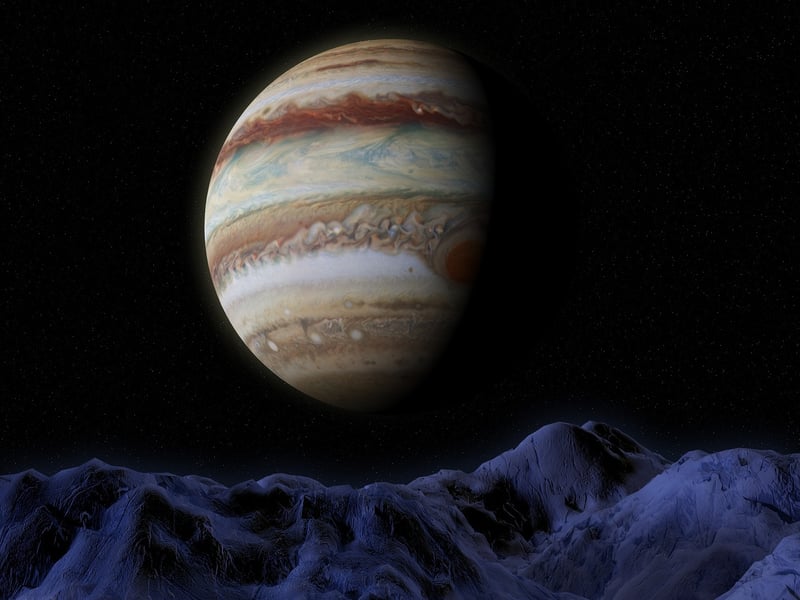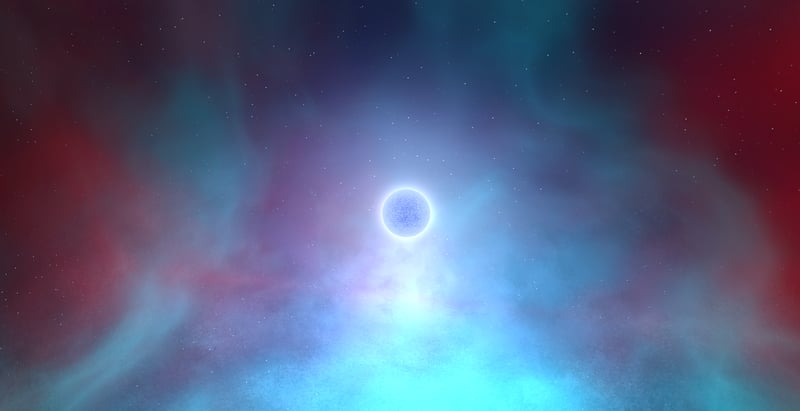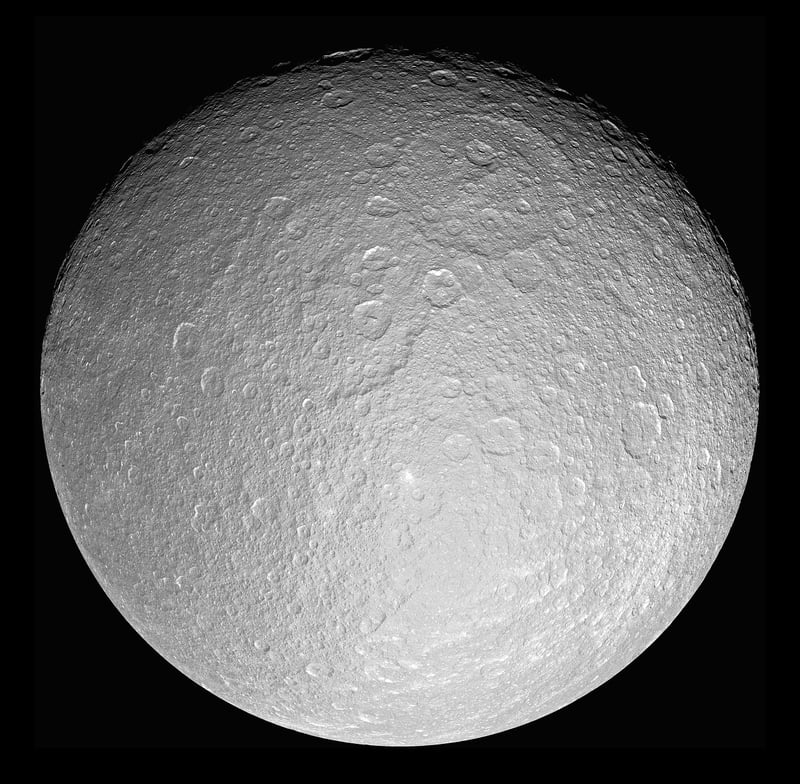Microbial Life Search
Exploring the Search for Microbial Life Beyond Earth
As humans, we have always been fascinated by the possibility of life beyond our planet. The search for microbial life in space has been a topic of great interest and scientific exploration. Let's delve into the exciting world of astrobiology and the quest to find living organisms beyond Earth.
What is Astrobiology?
Astrobiology is the study of the origin, evolution, distribution, and future of life in the universe. It combines aspects of biology, chemistry, geology, and physics to explore the possibility of life beyond Earth. Scientists in this field investigate extreme environments on Earth that mimic conditions found on other planets or moons, providing valuable insights into where and how microbial life could exist elsewhere in the cosmos.
The Search for Microbial Life
Microbial life, such as bacteria and archaea, is incredibly resilient and can survive in harsh conditions that would be uninhabitable for most other organisms. This adaptability makes microbes prime candidates for potential extraterrestrial life forms. Scientists believe that if life exists elsewhere in our solar system or beyond, it is most likely to be microbial in nature.
Where Are We Looking?
Researchers are focusing their search for microbial life on locations within our solar system that have the potential to harbor life. Some of the key targets include:
- Mars: The Red Planet has long been a focal point for astrobiologists due to its similarities to Earth and the presence of water in the past.
- Europa: One of Jupiter's moons, Europa, has a subsurface ocean that could provide a habitat for microbial life.
- Enceladus: Saturn's moon, Enceladus, has geysers that spew water vapor into space, hinting at a subsurface ocean that may host living organisms.
Challenges and Technologies
The search for microbial life beyond Earth comes with significant challenges. Scientists need to develop advanced technologies to detect and analyze potential biosignatures, which are signs of past or present life. These technologies include robotic missions, sample return missions, and sophisticated instruments capable of analyzing the chemical composition of extraterrestrial environments.
Conclusion
While the search for microbial life beyond our planet is complex and challenging, it represents a thrilling frontier in scientific exploration. Discovering even simple forms of life elsewhere in the universe would have profound implications for our understanding of life's origins and the potential for life beyond Earth.
Let's continue to support and follow the exciting journey of astrobiologists as they push the boundaries of our knowledge and explore the possibilities of microbial life in the vast expanse of space.



